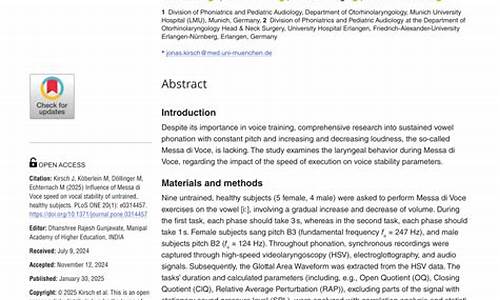Healthy Diet Suggestions for Different Age Groups
Maintaining a healthy diet is essential for people of all ages. Nutrition needs vary significantly from one stage of life to another, and it’s crucial to tailor your food choices based on your age group. From infancy to old age, each life stage has unique requirements to support growth, development, and overall well-being. This article provides healthy diet suggestions for different age groups, helping individuals make better food choices for optimal health.
Healthy Diet for Infants and Toddlers
During the first few years of life, infants and toddlers require a nutrient-dense diet to support their rapid growth and development. Breastfeeding is the best option for newborns, providing essential nutrients and immune system support. Once they are ready for solids, it’s important to introduce a variety of pureed fruits, vegetables, and iron-rich foods like cereals and meats. Healthy fats, like those found in avocados and olive oil, are essential for brain development.
Healthy Diet for Children and Adolescents
As children and adolescents grow, their nutritional needs increase to support physical activity, bone health, and cognitive development. A balanced diet rich in fruits, vegetables, lean proteins, and whole grains is key. Dairy products are also important for calcium and vitamin D, which support strong bones and teeth. Limiting processed foods, sugary snacks, and sodas is crucial to prevent weight gain and encourage healthy habits that will last into adulthood.

Healthy Diet for Adults
For adults, a healthy diet helps maintain a healthy weight, reduce the risk of chronic diseases, and support energy levels. Focus on whole foods like vegetables, fruits, whole grains, lean proteins, and healthy fats. Staying hydrated is essential, so drink plenty of water. Adults should also pay attention to portion sizes and limit their intake of processed and high-sugar foods, as they can lead to weight gain and long-term health problems.
Healthy Diet for Seniors
As people age, their metabolism slows down, and they may need fewer calories, but their nutritional needs remain high. Seniors should prioritize nutrient-dense foods that provide vitamins and minerals without excess calories. Fiber-rich foods, such as fruits, vegetables, and whole grains, can help with digestion and prevent constipation. Omega-3 fatty acids from fish, nuts, and seeds support heart health, while adequate protein intake helps preserve muscle mass.
In conclusion, a healthy diet is crucial for all age groups. By adapting your eating habits to meet the nutritional needs of each stage of life, you can maintain good health and reduce the risk of chronic diseases.